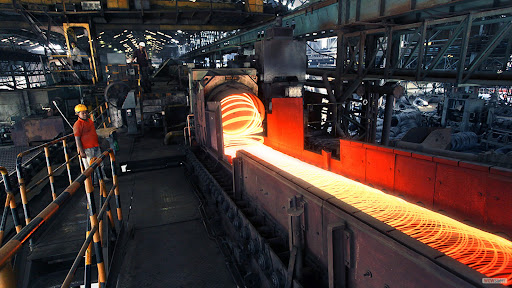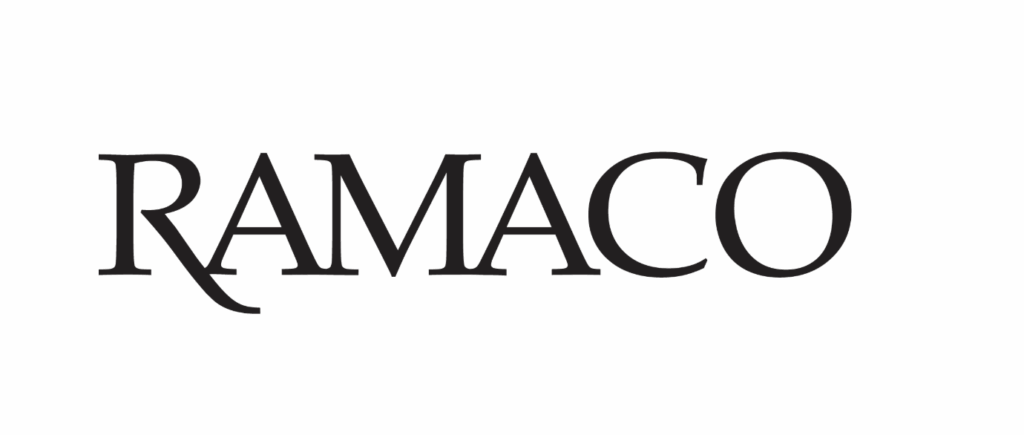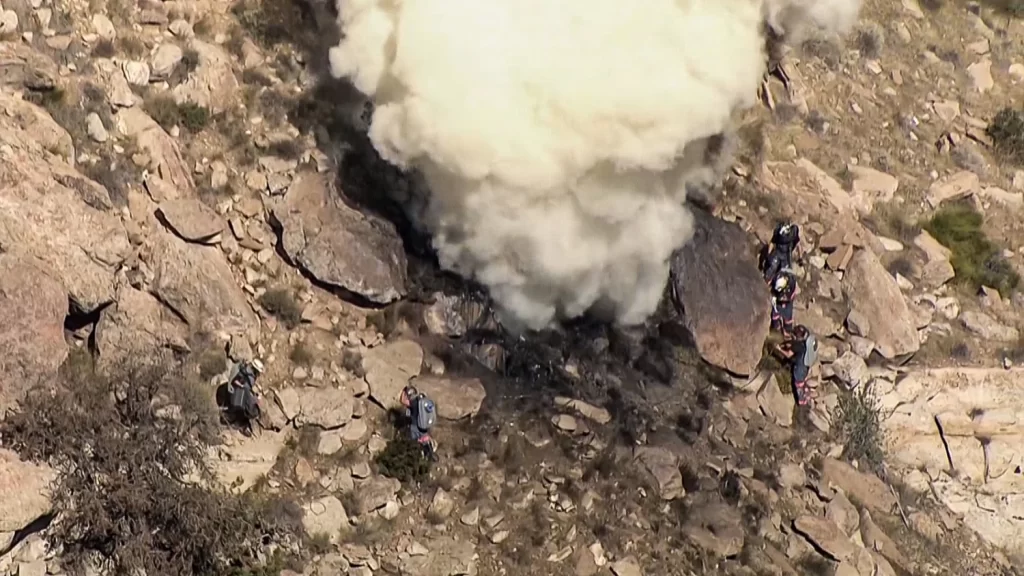The Indian steel ministry is exploring the imposition of a temporary safeguard duty to curb rising steel imports, particularly from China, as the sector faces increasing pressure. According to a senior official with direct knowledge of the matter, the ministry’s move aims to protect domestic steelmakers struggling with the influx of cheaper Chinese steel, which has reached a seven-year high.
The safeguard duty, which the ministry plans to implement soon, would be a temporary measure designed to shield local industries from a surge in imports. The official stated that the process to impose this duty is expected to start shortly, adding that a safeguard duty is a more immediate solution to stabilizing the market. Discussions around the tax are not public, and officials have requested anonymity due to the sensitivity of the ongoing deliberations.
India’s Position as a Major Steel Consumer
India, the world’s second-largest crude steel producer, became a net importer of steel in the fiscal year ending March 31, 2024, and the trend has only continued. Rapid economic growth and higher infrastructure spending have turned India into the world’s largest steel consumer, as demand in Europe and the United States has started to taper.
Finished steel imports from China surged to their highest levels in seven years between April and August, pressuring local producers. Despite this, Prime Minister Narendra Modi’s government had initially resisted calls to curb imports from China, aiming to maintain a sufficient supply to meet growing demand in India’s booming economy.
However, officials now believe that imposing curbs is necessary to prevent a crash in local prices and avoid significant financial harm to the nation’s steel producers. Top steel companies, including JSW Steel, Tata Steel, and ArcelorMittal Nippon Steel India, have raised concerns about the influx of cheaper Chinese steel.
Ruling Out Long-Term Measures
In an effort to address these issues quickly, the ministry is ruling out more permanent options such as raising basic import or customs duties. The official noted that this approach would be ineffective, as it would not cover two-thirds of India’s overall steel imports, which come from countries like Japan and South Korea under free trade agreements. Additionally, anti-dumping investigations against China were dismissed as a viable solution since they would take one to two years to implement.
Instead, the government is focusing on immediate interventions. The official mentioned that the steel industry plans to formally engage with the commerce ministry, with expectations that safeguard measures could be in place within four to six months. India is also considering tightening its quality standards to help curb Chinese steel imports.
China’s Surplus and India’s Concerns
China, which has considerable surplus steel capacity, has been a dominant player in the global market. Beijing’s crude steel output in September dropped for the fourth consecutive month, but the excess supply continues to find its way into markets like India.
The Indian steel ministry’s decision to reject an industry request to curb exports of low-grade iron ore further emphasizes the need for a multi-faceted approach. Low-grade iron ore is a critical raw material for steelmaking, and officials cited sufficient domestic stocks as the rationale for maintaining current export levels.
The authorities’ intent is clear: safeguard domestic steel producers from economic volatility while balancing the country’s broader economic needs. However, this temporary measure of imposing a safeguard duty is seen as an urgent stopgap solution to stabilize India’s steel sector amid mounting challenges.









